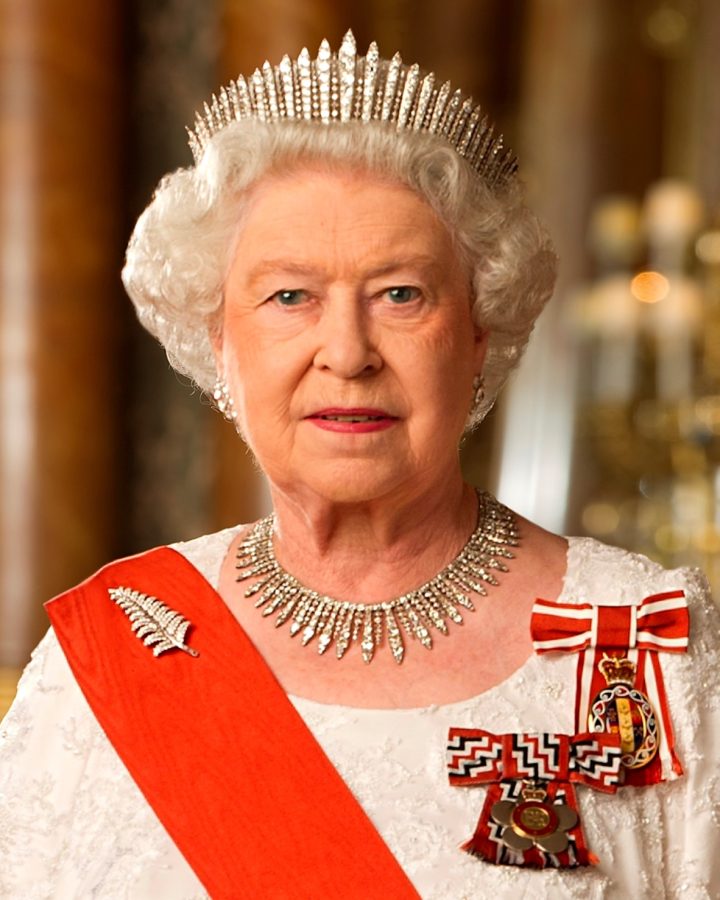Queen Elizabeth II died on Sept. 8, sending shockwaves around the globe. While many in the western world mourned the loss, not everyone felt the same way – and for good reason.
In Ireland, anti-imperialist protesters threw a coffin into a river. In Australia, protests broke out across the country on the “National Day of Mourning,” with some protesters chanting “Aboriginal Land!” On a recent tour of the Caribbean before the Queen’s death, Prince William and Kate faced protests from the citizens of Belize and Jamaica.
All of these countries have one thing in common: All are former colonies of the British Empire and all are still facing issues that originated during this time.
England’s colonial reign may seem to be a thing of the past, but it is far from it. The queen (now king) of England still serves as the head of state to 14 nations. Many nations throughout the world didn’t gain independence until the 1960’s or 1970’s, and Hong Kong remained a dependent colony until 1997. Keep in mind, Queen Elizabeth served as queen from 1952 until her death this month.
Countries are still dealing with the consequences of British rule. For example, Ireland spent hundreds of years fighting against British tyrannical rule pushed upon the Catholic majority by the ruling Protestant class. In 1921, the island was split into Ireland and Northern Ireland. Ireland was free, but Northern Ireland remained a part of the United Kingdom. Since then, people in both countries have been fighting for reunification.
The issue again took center stage in the 2016 referendum on Brexit. While the United Kingdom voted to leave the European Union by 52%, Northern Ireland voted to stay in the union by 56%. Ireland remains a part of the union, and free trade and movement is key to the peace that has been made between the countries. Whether this is enforced or not is still unclear.
John Finuance, the elections director of the Sinn Fein, a political party in both countries that advocates for unification, said to Politico that the issue is not if the island is unified, but when.
“I am a firm and unashamed believer that when you look at the evidence, partition has been bad for the island,” he said. “It’s only through unity that we will be able to truly unlock our potential.”
In Kenya, the Queen’s death brought up memories of the Mau Mau Rebellion. This 1952 rebellion against colonial rule resulted in the brutal torture of many Kenyans, and over 100,000 were forced into camps with gruesome conditions.
The Associated Press reported on Alice Mugo, a lawyer who took to Twitter after hearing of the Queen’s death.
“Most of our grandparents were oppressed,” Mugo tweeted. “I cannot mourn.”
These stories are not unique to Ireland and Kenya. A similar tale of abuse can be found in the history books of almost all of Britain’s former colonies, from India to Cyprus to Jamaica and so many more.
Britain still has the chance to correct their historical wrongs. If he wants to prove himself a leader, King Charles III needs to take action and responsibility for Britain’s colonial mistakes.









